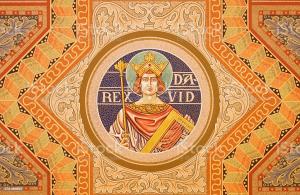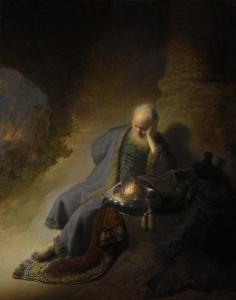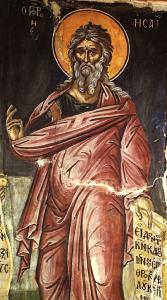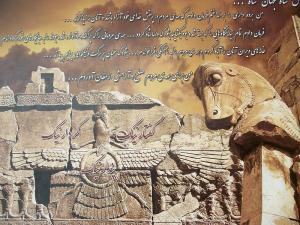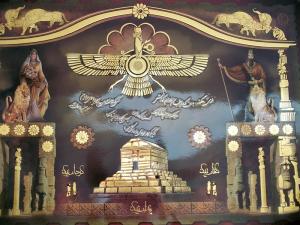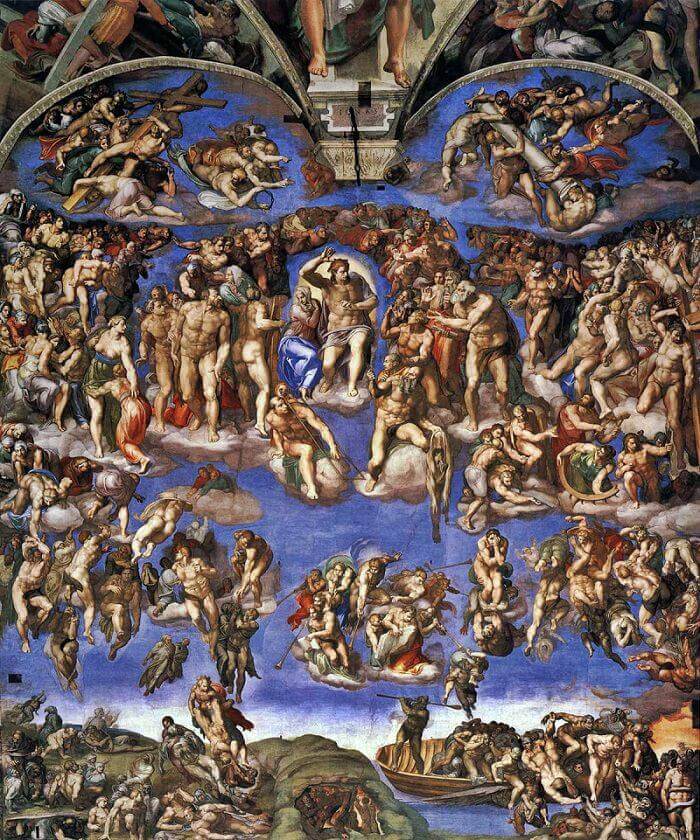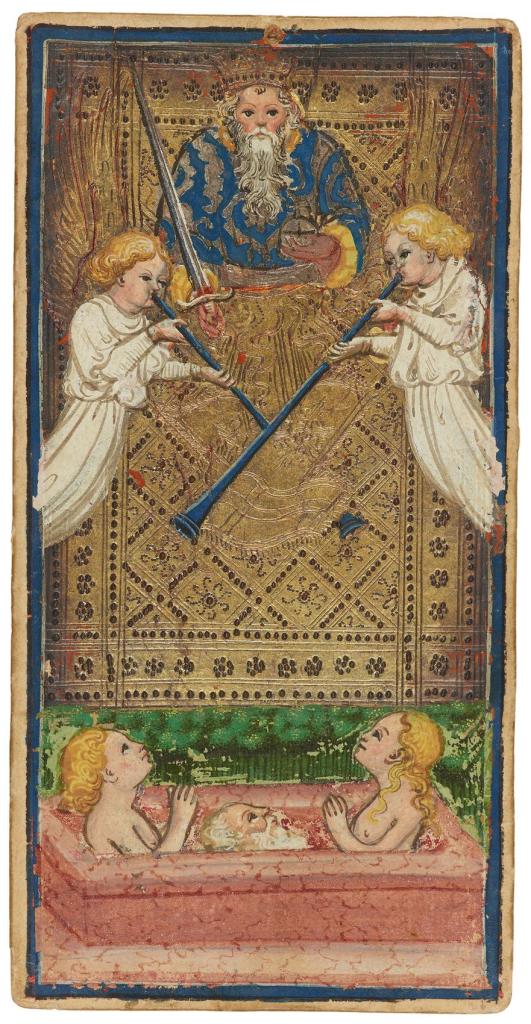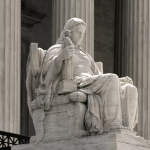By now, we have an understanding of the basic contours of the messiah idea in the Old Testament. What was established in the books of Isaiah and Jeremiah recurs throughout the other writings of the prophets. Ezekiel speaks of the physical transformation of the land of Israel, “I shall make a covenant with them to ensure peace and prosperity; I shall rid the land of wild beasts, and people will live on the open pastures and sleep in the... Read more

